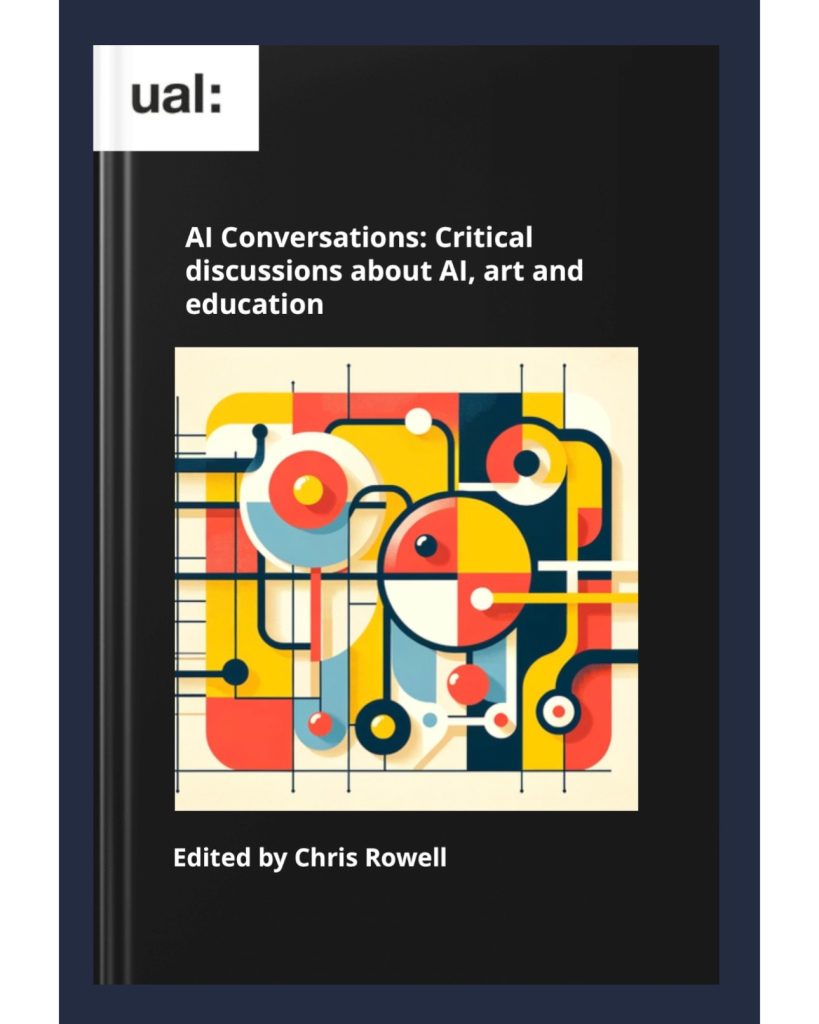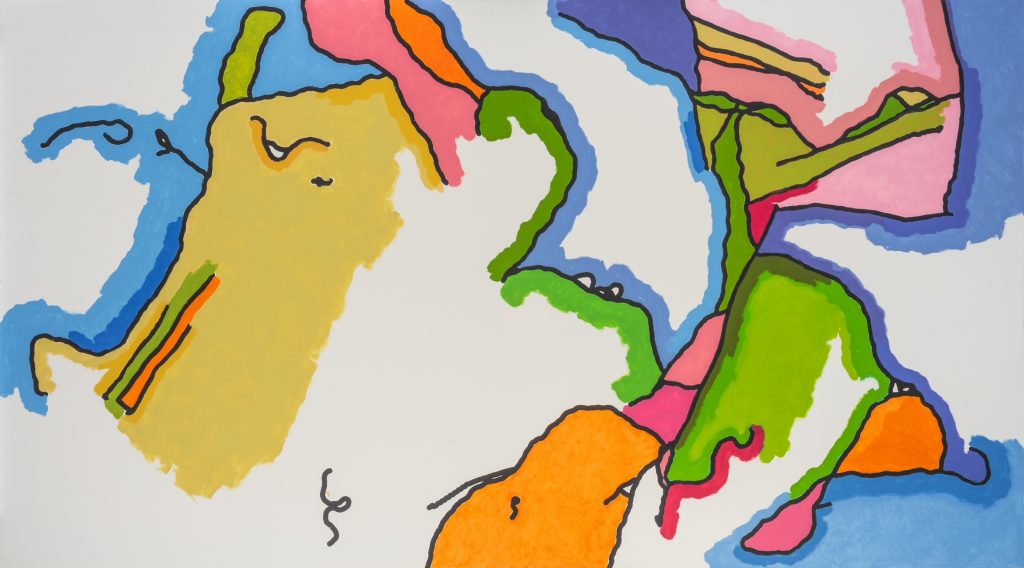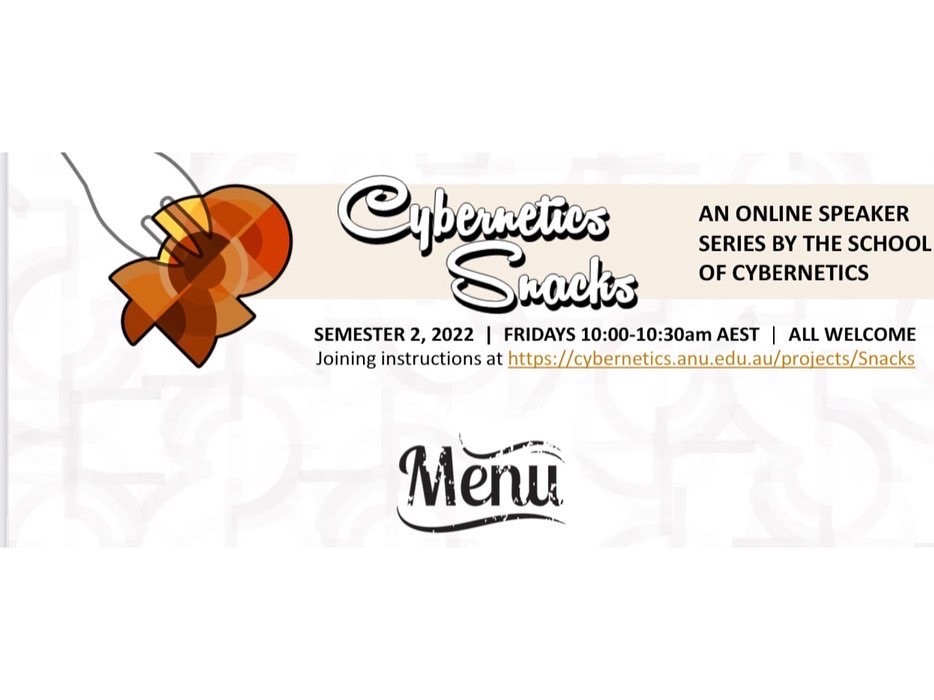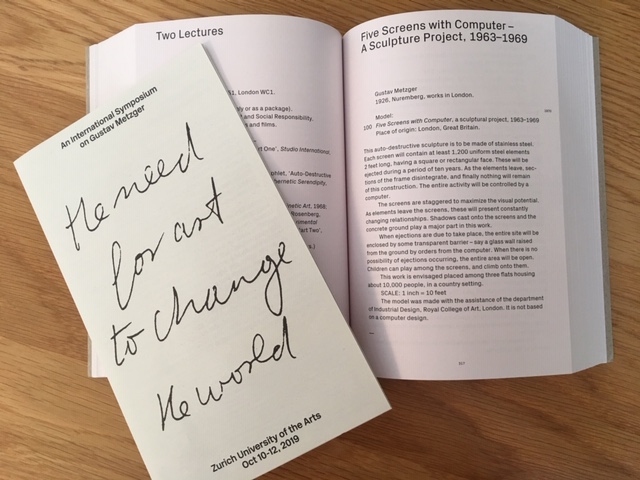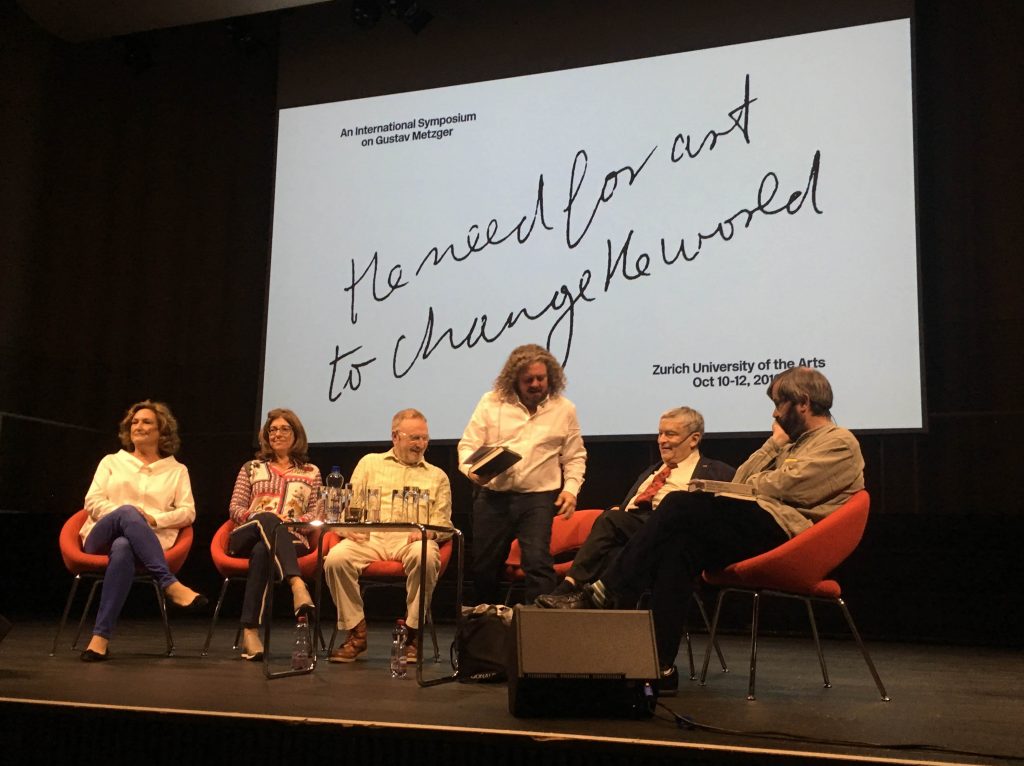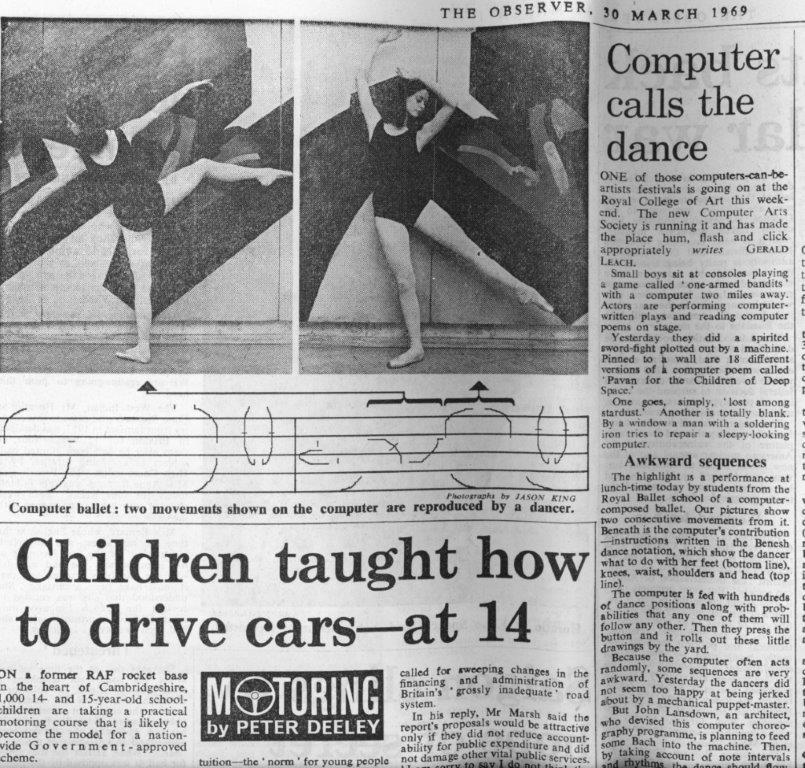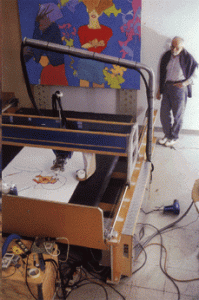7pm in the UK – 2pm in NYC, via Zoom
Join me for a special on-line session with 3 pioneers of computer and computational art – precursors of today’s AI & Generative Art, all of whom have a connection to the Slade School of Art and Leicester Polytechnic in the early to late 1970s.
Ernest Edmonds will describe his pioneering work with Stroud Cornock at Leicester Polytechnic, the Invention of Problems events in 1970-71, his friendship with Edward Ihnatowicz, the relationship with the Slade and the formation of the Human Computer Interface Research Unit. Stephen Bell, one of the Slade students who continued his research with Ernest, will also talk about Dominic Boreham another student who went on to the HCIRU. Paul Brown, another student at the Slade and later a Research Fellow there, will talk about his friendship with Harold Cohen and Chris Briscoe and discuss his own work with AI and A-life.
FREE! Please book here: Or watch via YouTube
